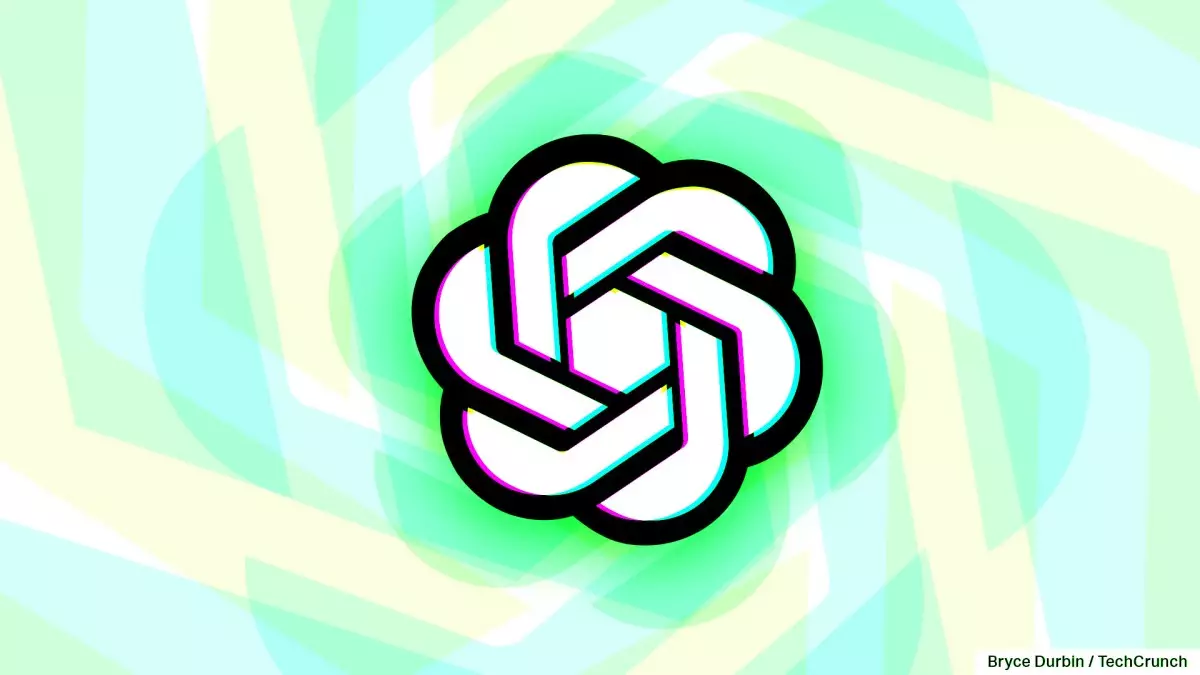OpenAI has once again pushed the boundaries of artificial intelligence with the introduction of an innovative feature in their popular chatbot, ChatGPT. This new beta feature, referred to as “tasks,” enables users to set reminders and schedule recurring requests directly within the ChatGPT interface. Targeted primarily at paying users—including ChatGPT Plus, Team, and Pro patrons—the rollout has commenced globally, promising to enhance productivity for its user base.
One of the standout capabilities of the tasks feature is its simplicity and practicality. Users can now issue reminders about important dates or recurring actions with minimal effort. A user might instruct ChatGPT, “Remind me to renew my passport in six months,” and receive timely push notifications including these reminders. Furthermore, users can program Smart Requests, such as “Every Saturday, send me a local event guide based on the latest cultural happenings,” or “Provide me a daily weather report at 8 a.m.” This flexibility marks a significant upgrade from traditional digital assistants, allowing for a more tailored user experience.
This advancement not only streamlines task management but also highlights the maturity of AI applications in everyday life. It extends the utility of ChatGPT beyond mere conversational interaction, embodying a more autonomous and responsive assistant that can cater to specific user needs, thus fulfilling a niche in digital assistant technologies.
Steps Toward Autonomy in AI
The introduction of tasks signifies OpenAI’s initial foray into creating AI agents—AI systems that can operate with a degree of independence. Sam Altman, the CEO of OpenAI, has audaciously claimed that 2025 will be pivotal for such AI agents, predicting that they will start to “join the workforce.” Although the tasks feature currently presents a limited version of these autonomous systems, it marks a foundational step towards creating more capable AI assistants.
Notably, while tasks are a significant upgrade, the automation and independence of these systems come with challenges. Users can access the task menu by selecting “4o with scheduled tasks” from a dropdown in the ChatGPT interface, and managing these tasks is relatively straightforward. However, certain actions are still restricted; for instance, while users can instruct ChatGPT to perform web browsing on a set schedule for tasks like checking concert ticket availability, the system is not empowered to run live checks or carry out purchases autonomously.
This cautious approach indicates OpenAI’s vigilance concerning user safety and the ethical implications of deploying more independent AI systems.
Learning Opportunities During Beta Testing
The beta phase of the tasks feature provides an optimal environment for OpenAI to refine its technology based on user feedback. The AI’s ability to learn and adapt from real-world usage is crucial as the company aims to broaden the applicability of this feature across its mobile platforms and free tiers in the foreseeable future.
However, challenges remain. Even as OpenAI works on introducing more sophisticated agentic systems, the implementation of seemingly straightforward features like timers and reminders has historically posed challenges for AI models. The inconsistency in performance highlights the complexities inherent in developing reliable AI-driven task management solutions.
Looking forward, speculations arise regarding the next generation of AI systems, such as the anticipated “Operator” agent, which is designed to assist with coding and travel bookings. Such advancements will undeniably elevate the capabilities of digital assistants, augmenting their roles in day-to-day decision-making processes.
The rollout of more autonomous AI systems, however, will likely test existing safeguards. OpenAI needs to ensure its frameworks not only harness the growing capabilities of AI but also instill trust and safety for its user base. As we embark on this new era of digital assistance with enhanced functionalities, the potential for misuse or unexpected consequences underscores the importance of responsible development in the AI landscape.
The introduction of task management in ChatGPT illustrates a significant leap towards realizing the vision of intelligent, responsive AI agents. By carefully navigating the complexities of user autonomy and safety, OpenAI aims to reshape how we interact with technology, making everyday tasks more manageable while paving the way for revolutionary advancements in artificial intelligence.

